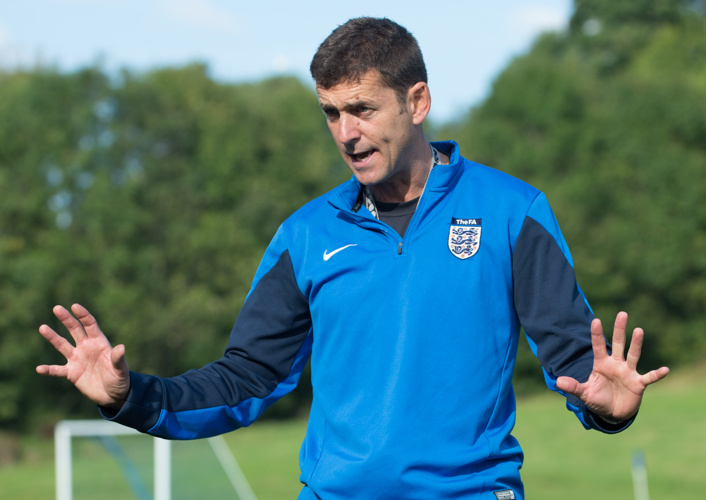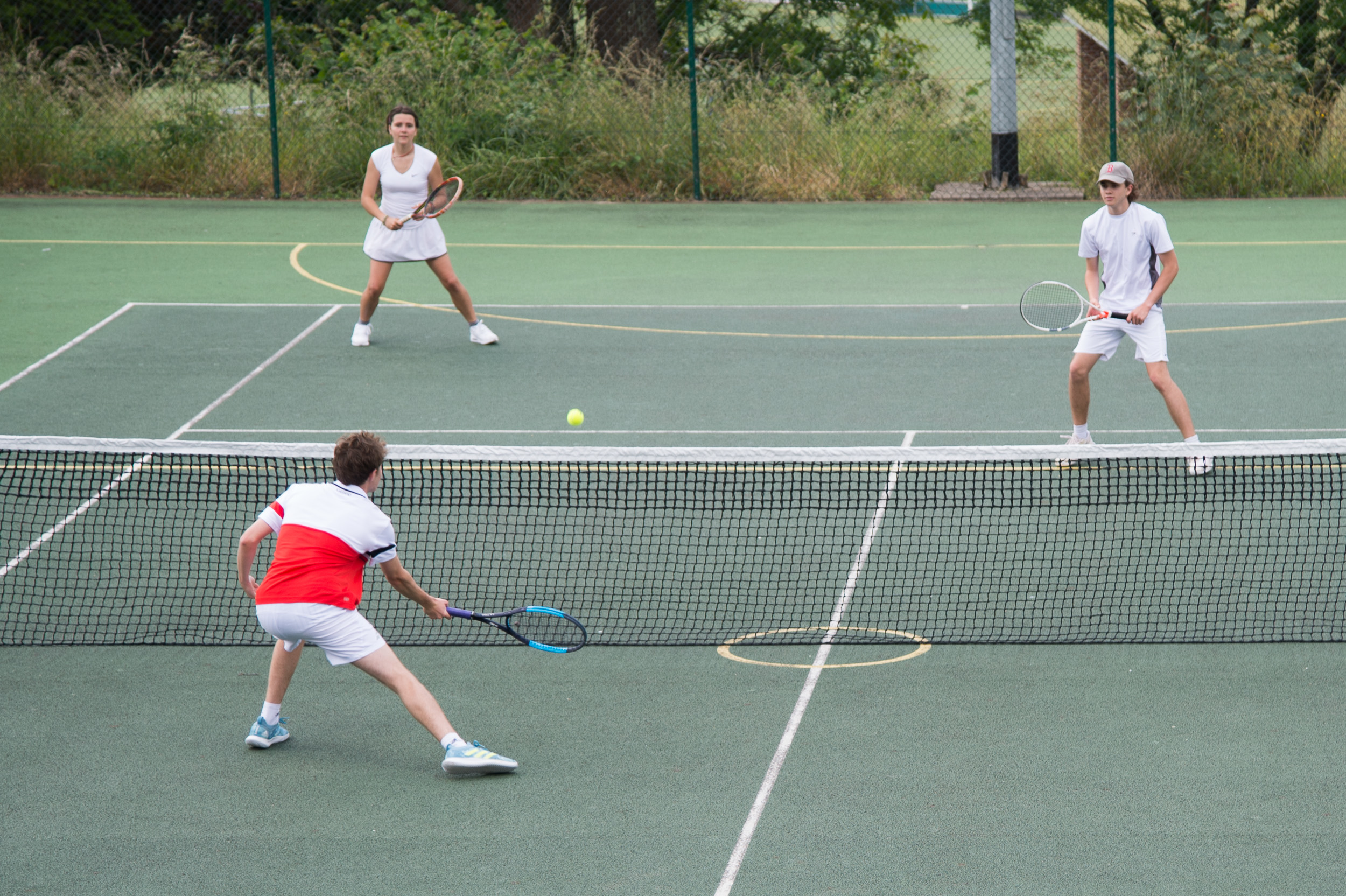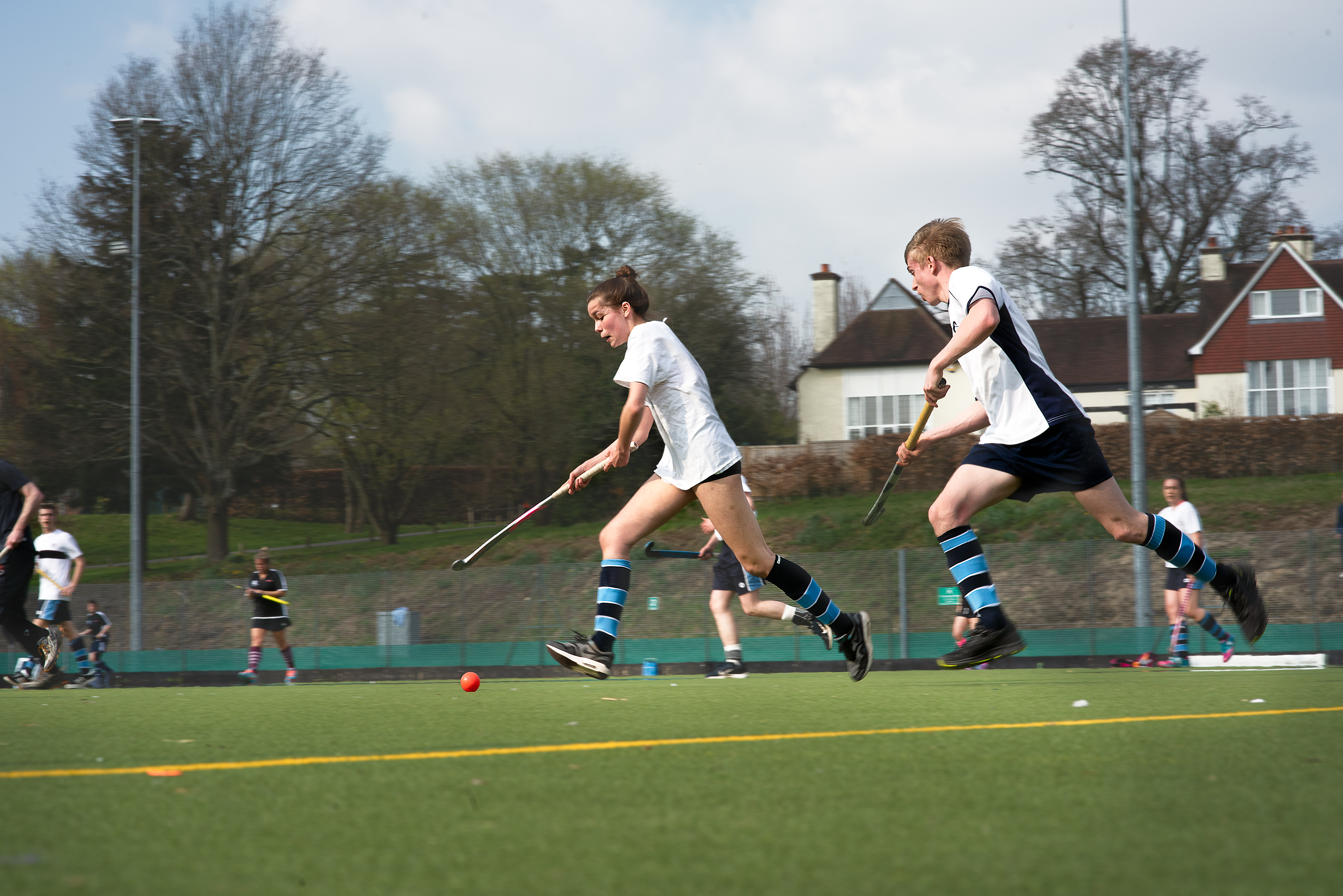‘You win some, you lose some - and that's as it should be’

Spencer Leach, director of sport at Bedales, argues that careful management of a tension between competing and ensuring everybody is involved is key to ensuring all pupils can learn about themselves and develop confidence through sport.
Concerns about the place of sport and exercise in the lives of girls and young women are long established, but have come to a head in recent weeks with the publication of two new reports. A study by Women in Sport published in early March warns that many girls lose interest in exercise after they leave primary school, with 43 per cent of girls who once considered themselves sporty losing interest as they got older. Of these, over two thirds said that a fear of being judged stopped them joining in, with six in 10 saying they lacked confidence. The pandemic had increased teenage girls’ worries about their appearance, as well as highlighting mental health issues.
Shortly afterwards, the BeeWell study, drawing on the experiences of almost 40,000 teenagers across Greater Manchester, reported that teenage girls sleep and exercise less than boys, and are three times as likely to report struggling with their mental health. Social media use was higher among girls than boys, with 46 per cent reporting not getting enough sleep.
The potential for disparity between genders in terms of their involvement in and enjoyment of sport, compounded by the suggested links with poor mental health amongst girls, is deeply concerning and can be a challenge to those of us involved in providing opportunities in sport for pupils. Superimpose the effects of the pandemic, and this becomes more important still.
At Bedales, we want all students to leave the school having enjoyed sport in some way, and minded to continue some kind of participation in their adult lives. Something I think we have done particularly well is help students who have arrived feeling that sport isn’t for them to find something they enjoy. No matter the student, they will always get a warm reception from us, and we will try to find something for them that is suited to their abilities and preferences – for various reasons.
For example, sport brings distinctive opportunities for students to learn about themselves and others, and to develop confidence – although this needs careful management. In a classroom you can make three errors in, say, maths, and it is not immediately obvious. However, if you commit three howlers in the context of a team sport, everybody sees them and it may prompt disappointment and frustration. This requires staff to be alert to the dangers when mistakes happen, and to help students deal with them in an appropriate way. This requires some emotional maturity. It is interesting that some of our best athletes can find this difficult. In such cases, the coaches will be aware of it, and we are prepared for when students’ thought patterns are less than constructive. We encourage them to see that they are still in the game, that they haven’t blown it, and even if they don’t prevail on that occasion the world won’t end.
Of course, in all of this there is sometimes a tension to be managed between competing and ensuring everybody is involved, which is particularly evident in team fixtures against other schools. There may be the temptation to pursue a win at all costs, but I’m pleased to say over the last 10 to 15 years a more sensible approach has come to prevail, not least because national governing bodies have played a big part in making the experience of young people more central. So, in setting up a fixture I will have a conversation with my opposite number about our relative strengths and what we can do to make the encounter meaningful. Will the students enjoy it? Will they be inspired to practise and get better? The results will take care of themselves – in a well-planned season we’ll win some and lose some, and have some thrillers along the way. We enjoy success, and try to learn from things that didn’t go quite so well. And if we win 10-0 there will be no celebrating – it will mean we have got it wrong. Importantly, many of our teams are now listed as mixed and whenever it is appropriate we will have a mix of genders. Increasingly, our opponents are doing the same thing.
Although we are keen to find something enjoyable for all of our students, I like to think that we can also give our excellent athletes – all of them – what they need from us. We work hard to find ways of challenging them that are meaningful and which they will appreciate. If we think they can cope, we find them opportunities with older year groups, and if we feel students might benefit from moving up to another representative level, we can make that happen. They can also benefit hugely from coaching younger years. Our links with local clubs and regional representative structures are very strong.
We are not a big school and it is unlikely that we will have sustained national sporting success, but if we have lots of young people with a positive attitude to being physically active, and will keep that attitude in their adult lives, then we do the subject justice – just so long as we make sure that we also stretch those students who really do have the appetite and aptitude for great things.


